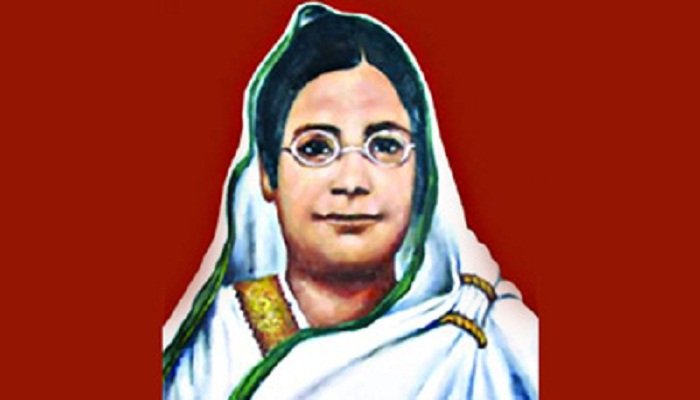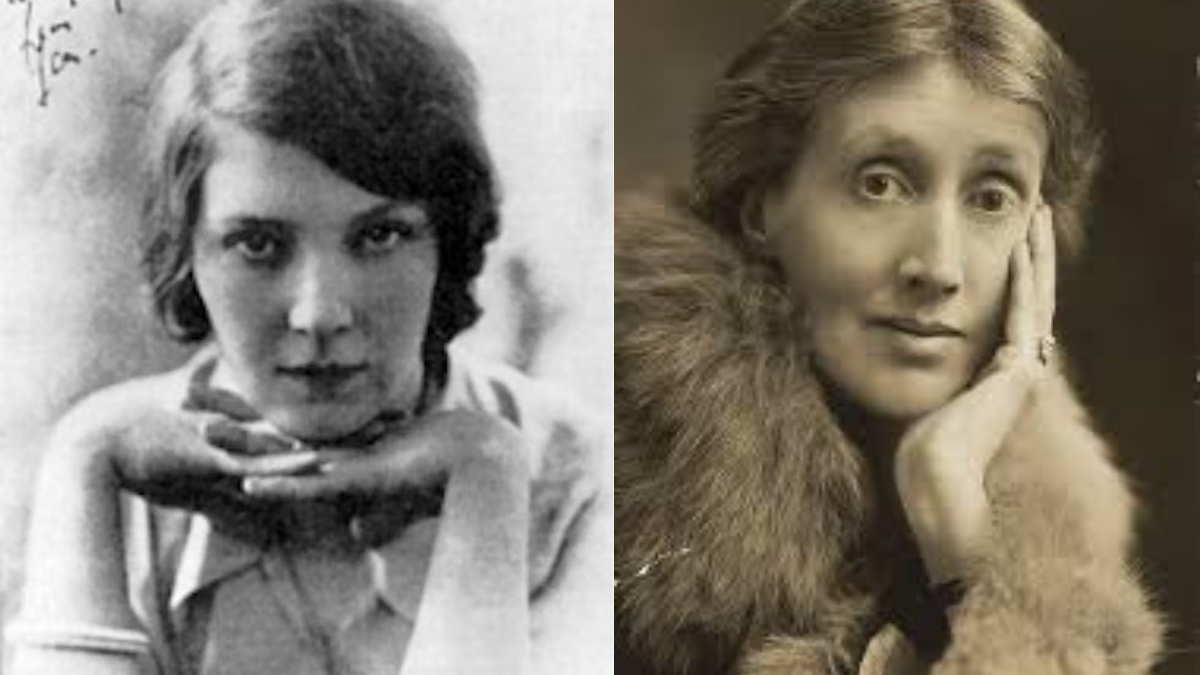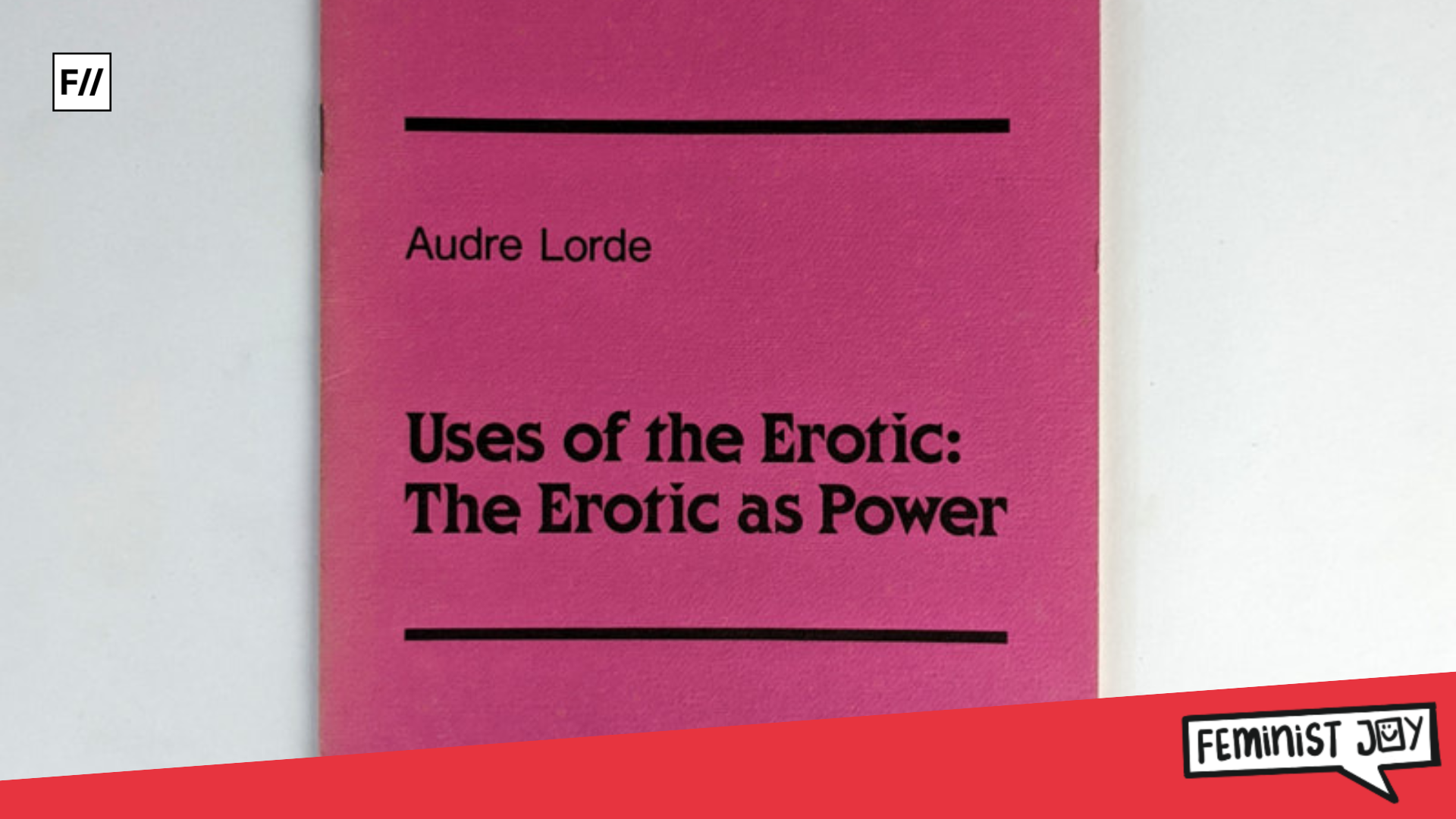Rokeya Shakhawat Hossain (1880-1932) was a Bengali Muslim feminist thinker who advocated that both men and women should be treated equally. She was the first Bengali Muslim woman writer of the Bengali Renaissance and arguably the earliest woman critic of patriarchy in colonial Bengal. Late 19th and early 20th century Bengal was the site of both social reform and resistance towards reform, where reformers were concerned about the so-called ‘women’s question.’ She wrote in a time where gender roles were strictly defined, and positions of power were held by men who propagated the laws to suit their interests.
Rokeya’s writings focused on women and their liberation from the restrictive norms of her samaj (society). Rokeya loved the Bengali language, and choose to write dominantly in Bengali (except for Sultana’s Dream). Thus, challenging the Bengali Muslin hegemony of Urdu, Persian, and Arabic. Her writings make clear her resentment towards patriarchy and the unfair treatment of women and her dream for an egalitarian society. Her writings aimed at making Bengali Muslim women realise how they were oppressed. In 1902 she published her first article Pipasha (Thirst) followed by more articles, essays, novellas and short stories
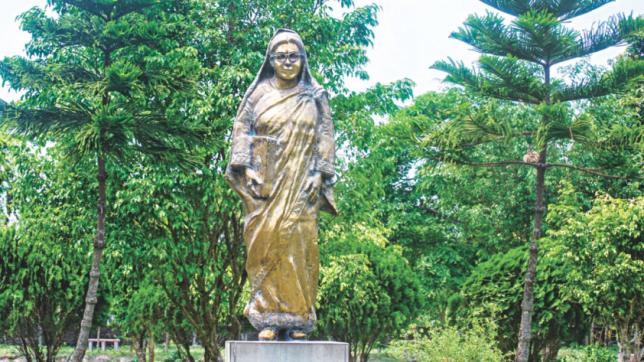
Motichur is a collection of essays written by Rokeya, originally published in Bengali, consisting of volume 1 (1904) and volume 2 (1922). Rokeya addressed an array of issues in the essays – the ways religion oppressed women, linked women’s emancipation to India’s independence, women’s confinement to the home, women’s lack of educational opportunities, and many more. She blamed women for being complacent to their traditional gendered roles and urged them to create their own grassroots movement, instead of following English missionaries. She urged that women have the power to save themselves and should not wait to be saved.
According to Rokeya home is a prison for some women keeping them in a miserable and basically homeless state.
Through her collection of essays, we can evaluate Rokeya growth as a writer and her gift of articulating issues of great importance which are still relevant today. Both volumes 1 and 2 of Motichur have been translated by Ratri Ray and Prantosh Bandyopadhyay in 2015.
Motichur Volume 1 (1907)
Motichur Volume 1 is a collection of essays Istrijatir Abanati (Woman’s Downfall), Ardhangi (The Female-half) and Griha (Home) that challenges women to examine their role within their homes and seek to create their own identity.
In Motichur Volume 1, Rokeya begins with Istrijatir Abanati (Womens Downfall) to draw women to discuss and reflect on the state of women’s issues in India. She parallels the subservient status of women to slavery, pointing out that women’s jewellery (especially of married women) is a marker of an enslaved woman.
In Ardhangi (Female-half), she provides a full diagnosis of this issue and clarifies her standpoint on purdah and seclusion by restating that the ‘female half’ in society is plagued with mental slavery and a lack of opportunities. She suggests that women could remedy the problem by knowing the distinction between purdah and seclusion. Rokeya identified seclusion as the origin of women problems, leaving them in a state where they had little opportunities outside the home.
She proposed that women would have to arise out of seclusion on their own terms by critically examining their role inside the home. She addressed the failure of communities and the lack of resources for the advancement and development of women. Rokeya’s diagnosis is not restricted to mental slavery and addresses the cause of women’s mental slavery as one that is tied to the home.
Also read: Watch: 5 Indian Muslim Feminist Writers You Should Know About
Griha (Home) expresses the discussion of women’s rights identifying the state of women’s condition and concludes that the idea of the home is what matters. She claims that women should not live suppressed by men, but that men and women should live in a home where both feel equally content, safe and valued. According to
She
argu es that the male-controlled interpretation of religious texts gave men the validation to treat women poorly.
Overall, in Motichur Volume 1, Rokeya comes to the conclusion that changing the perception of the ‘home’ is a way to help women progress in society. The collection aims to elucidate the problem of women’s degraded status in the Indian community. Rokeya challenged women to question the patriarchal system in place and encouraged them to construct their individual identity, outside of the phallocentric influence and the home.
Motichur Volume 2 (1922)
Motichur Volume 2 is a collection of essays which argues that patriarchal interpretations of religious texts gave men the liberty to justify their poor treatment of women and advocated that education is the way to dissolve this gender imbalance.
After stimulating and challenging women to form their own identity, Rokeya covered a range of issues in Motichur Volume 2. She offers a critical perspective towards patriarchy, arguing that the male-controlled interpretation of religious texts gave men the validation to treat women poorly. Through her work, Rokeya reiterates that women need to challenge notions of patriarchy that contribute to their degraded status. She specifically argues that modernisation plays a key role in improving women’s rights.
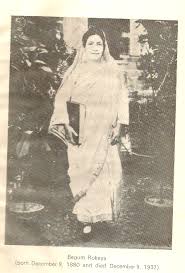
(Duke University)
For Rokeya, modernisation entails the development of an educational system that teaches girls languages of the region and provides women with the access to higher education. Moreover, she considered imitating the West a mistake and wanted women to advance their on their own footing at a grassroots level. Rokeya observed the struggle for women’s emancipation as a cause that transcended boundaries, recognising that women worldwide have a long way to attain equality – but India had its own unique patriarchal structures, made worse by colonialism.
Also read: Begum Rokeya: The Writer Who Introduced Us To Feminist Sci-Fi | #IndianWomenInHistory
Essentially in Motichur Volume 2
“Jago Jago Go Bhogini (Wake up, Wake Up, Sisters)!”
References
1. Hossain, R. S. Sultana’s Dream and Selections from the secluded ones. New York: Feminist Press: Distributed by the Talman Co. 1988.
2. Hossain, R. S. Sultana’s Dream and Padmarag. New Delhi: Penguin Books, 2005.
Featured Image Source: Daily Sun
About the author(s)
Nikhat is a Civil Servant and Communications Manager for BBPC Poetry Collective. Her academic research interests include wartime gender-based violence and intersectional feminist historiography.
